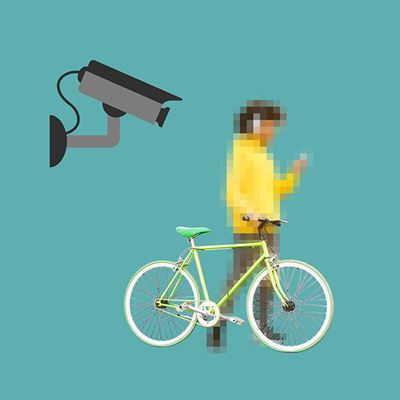Goal for the project
The goal of this sandbox project is to explore the solutions of the enterprise Doorkeeper, who wants to use artificial intelligence to limit the types of data captured by video monitoring equipment.
The Data Protection Authority and Doorkeeper set out to discuss the following topics and issues associated with intelligent video analytics:
-
Purpose limitation and data minimisation
How should the principle of purpose limitation be interpreted in the context of intelligent video analytics? And how can data minimisation be ensured? -
Legal basis for the use of intelligent video analytics
When intelligent video analytics is used, what are the key considerations an enterprise must make in terms of the legal basis for the processing of personal data? -
Alternative solution designs
Doorkeeper is considering two design alternatives for their solutions, where the video feed is either censored in the camera body or on an external platform (VMS). How do these different designs affect the legal basis for the solution? -
Disclosure of personal data
Which considerations must be made in terms of the disclosure of personal data from the uncensored video feed? -
Security issues
Solution security will be a determining factor in whether Doorkeeper and similar enterprises will be able to comply with legal requirements. But which types of security issues are relevant for the type of technology Doorkeeper wants to use, and what are the overarching legal requirements for security?
How is video monitoring regulated?
In the sandbox project, we have only discussed responsibilities that follow from data protection legislation. There are, however, other laws that may also be relevant for video monitoring.
When an employer wants to install monitoring equipment in the workplace, provisions on control measures in the Working Environment Act (chapter 9) and special provisions in regulations for video monitoring in the workplace also apply.
For police use of video monitoring for police purposes, data protection legislation does not apply (see Article 2 (2) (d) of the Regulation). Section 6a of the Police Act grants the police legal authority for video monitoring in a public place when such monitoring is necessary to perform police duties pursuant to Section 2 (1-4) of the Police Act. The police’s processing of personal data from video recordings for these purposes is regulated by the Police Databases Act and the Police Databases Regulations.
